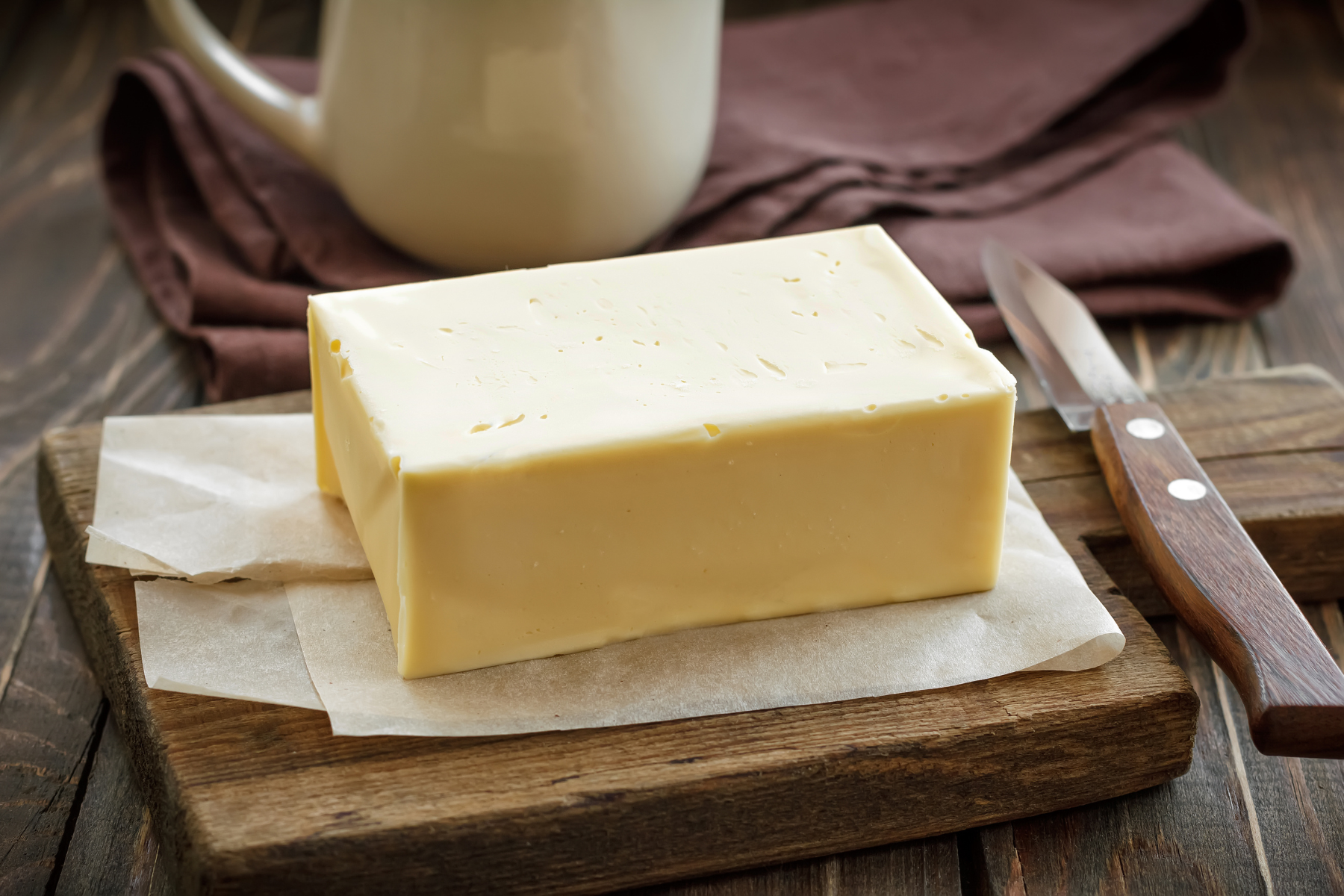Eating Fat Does Not Make You Fat, Why This Old Belief Is Wrong
For years, I believed what most people were taught, that fat makes you fat. It sounded logical. Eat fat, store fat. But after years of research and learning from respected doctors in the low-carb space, I know this is one of the biggest nutrition myths of our time.
Your body does not work that way. Fat on your plate does not automatically turn into fat on your hips or belly. The science is clear. What drives fat storage is chronically high insulin, not dietary fat itself. And insulin spikes come from sugar and refined carbs, not from butter, olive oil, or steak.
Dr. Paul Mason explains this beautifully. He says fat barely moves insulin, while carbohydrates send it soaring. When insulin stays high, your body stays in storage mode. When it drops, you can tap into your own fat for fuel. This is why low-carb and ketogenic diets, which include more natural fats, often lead to more weight loss and better health markers than the old low-fat advice ever did.
Dr. Eric Westman’s clinical work backs this up. He has treated thousands of patients with obesity and type 2 diabetes using a low-carb, higher-fat approach. The results speak for themselves, lower blood sugar, reduced medications, weight loss, and better triglyceride and HDL levels.
Dr. Boz often addresses the “butter makes you fat” fear directly. She reminds us that fat plays a vital role in appetite control and hormone balance. When you eat fat in the context of a low-carb diet, it helps you feel satisfied, not deprived. This prevents overeating and makes the plan sustainable long term.
Bart Kay adds another important piece. He explains the Randle cycle, showing how the real danger is when we combine high sugar with high fat, like donuts, cakes, and fries. That toxic mix drives metabolic chaos. Fat alone is not the issue. The problem is processed foods engineered with both sugar and fat to keep you hooked.
The research lines up with these expert voices. Studies show that low-carb, higher-fat diets often beat low-fat diets for weight loss and improving blood sugar. They reduce hunger naturally, so you end up eating less without counting calories. They also improve triglycerides, HDL cholesterol, and markers of insulin resistance.
Fat also has jobs in the body that no other nutrient can replace. It helps absorb fat-soluble vitamins A, D, E, and K. It builds cell membranes. It produces hormones. And it keeps you full, so you are not chasing snacks all day long.
If you still feel nervous about eating fat, here is how to do it wisely:
• Focus on protein first, then add natural fats like butter, olive oil, avocado, eggs, meat, and fish.
• Cut out sugar and refined starches to keep insulin low and fat-burning open.
• Avoid the sugar-plus-fat combo in processed foods, where the problem really lies.
• Keep meals simple, whole, and satisfying.
The bottom line is this, fat is not your enemy. The myth that eating fat makes you fat has been debunked by science, clinical experience, and common sense. Real food with natural fats helps your metabolism work the way it was designed, supporting energy, focus, and long-term health.
Disclaimer: The content shared here is for informational and educational purposes only and should never be taken as medical advice.
In writing this blog post, my goal is to distill research findings into a clear, approachable format that encourages critical thinking and empowers you to make informed decisions about your health.

